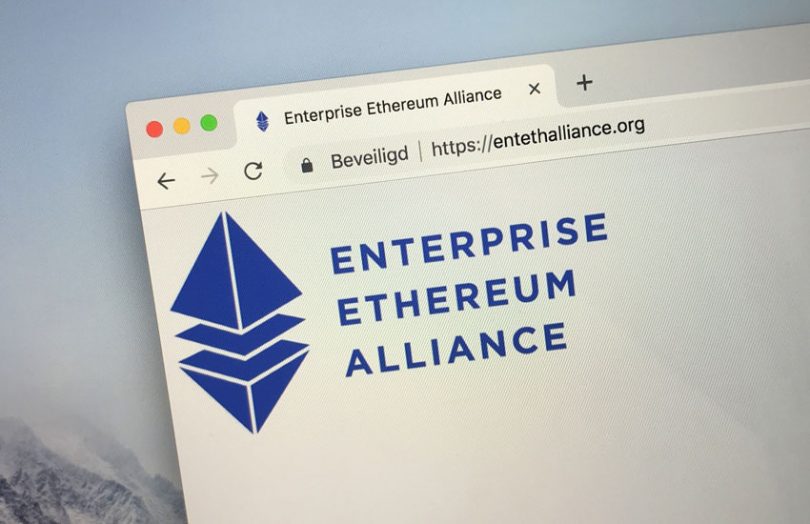Yesterday, UK-based blockchain firm Fnality announced it joined the Enterprise Ethereum Alliance (EEA). As a member of the EEA, Fnality will collaborate with other participants to develop best practices, open standards and open-source architectures for enterprise Ethereum applications.
The company envisages that the
Fnality Payment System could form the settlement layer for new tokenized assets and marketplaces. The company was borne out of the institutional digital currency project, the ‘Utility Settlement Coin’ (USC).
UBS initiated the USC project in conjunction with UK-based blockchain developer Clearmatics, which is the technology partner of Fnality. The idea was to develop an institutional digital currency for banks which can be used for instant settlement, or Delivery versus Payment, without the need for an intermediary like a central counterparty or a clearinghouse.
Article continues …
Want the full story? Pro subscribers get complete articles, exclusive industry analysis, and early access to legislative updates that keep you ahead of the competition. Join the professionals who are choosing deeper insights over surface level news.







